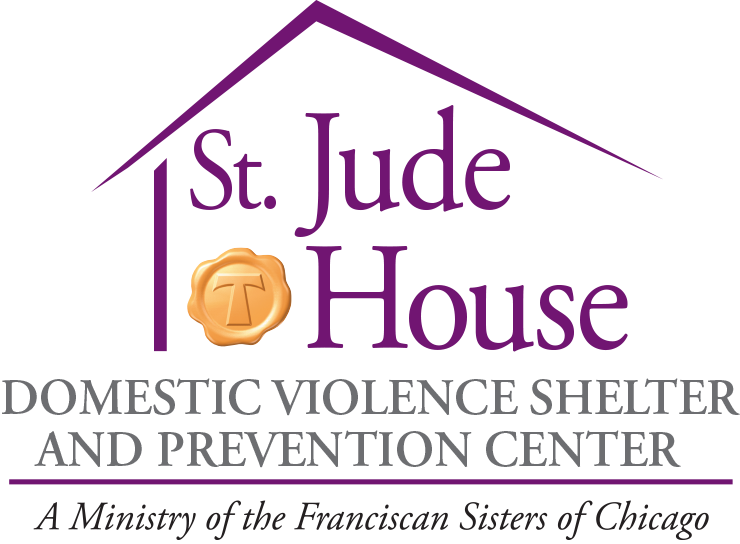Know the Truth
Facts About Sexual Violence
The term sexual assault refers to any sexual contact or behavior that occurs without consent, including rape or attempted rape, fondling or unwanted sexual touching, and forcing an individual to perform sexual acts.
However, force doesn’t have to mean physical pressure. Perpetrators may use emotional pressure, psychological force or manipulation to coerce an individual into non-consensual sex acts. In addition, some perpetrators will use threats to force an individual to comply, such as threatening to hurt them or their family or other intimidation tactics.
Survivors of sexual assault often face significant challenges in overcoming their trauma, including a negative impact on mental and physical health, lack of financial resources to access care, difficulties maintaining regular routines (including stable employment, housing and parenting) and a lack of familiarity with resources and trusted service providers.
- Over half of women have experienced sexual violence involving physical contact during their lifetime.1
- Almost 1 in 3 men have experienced sexual violence involving physical contact during his lifetime.1
- 63% of assaults are not reported to the police.2
- Indiana ranks high in the nation for the number of reported rapes among high school girls.2
- Across the U.S., nearly half of LGBTQIA individuals are sexually assaulted.2
- Approximately 8 out of 10 sexual assaults are committed by someone known to the victim, such as in the case of intimate partner sexual violence.3
Dealing with the aftermath of rape or sexual assault can be overwhelming – but you’re not alone. Call the Fair Haven Rape Crisis Center 24-hour Crisis Hotline at (219) 218-2552.
Sexual assault is a crime, and you have the right to report it to the police and press charges against the perpetrator – if you want to. The decision to call the police is yours to make, and there is no wrong choice.
How You Can
Support Survivors
Rape or sexual assault are traumatic, life-changing events, and survivors need to know they are not alone. Here are some tips for supporting someone who tells you they have been or think they have been sexually assaulted or raped.
- Be there to listen. Remind them they’re not alone, and listen without judgment or blame. The blame falls on the person who commits the assault, not on the survivor.
- Encourage them to go to the hospital or local health center for medical attention. You can offer to drive them or go with them. For long-term support, encourage them to talk with a licensed counselor or therapist about what happened.
- Don’t pressure them. It’s up to the individual to decide if they want to report the assault to the police or authorities. If they do decide to report it, you can help by offering to be there with them.
1https://www.cdc.gov/violenceprevention/sexualviolence/fastfact.html
2https://icesaht.org/the-issue/statistics
3https://www.rainn.org/articles/sexual-assault



